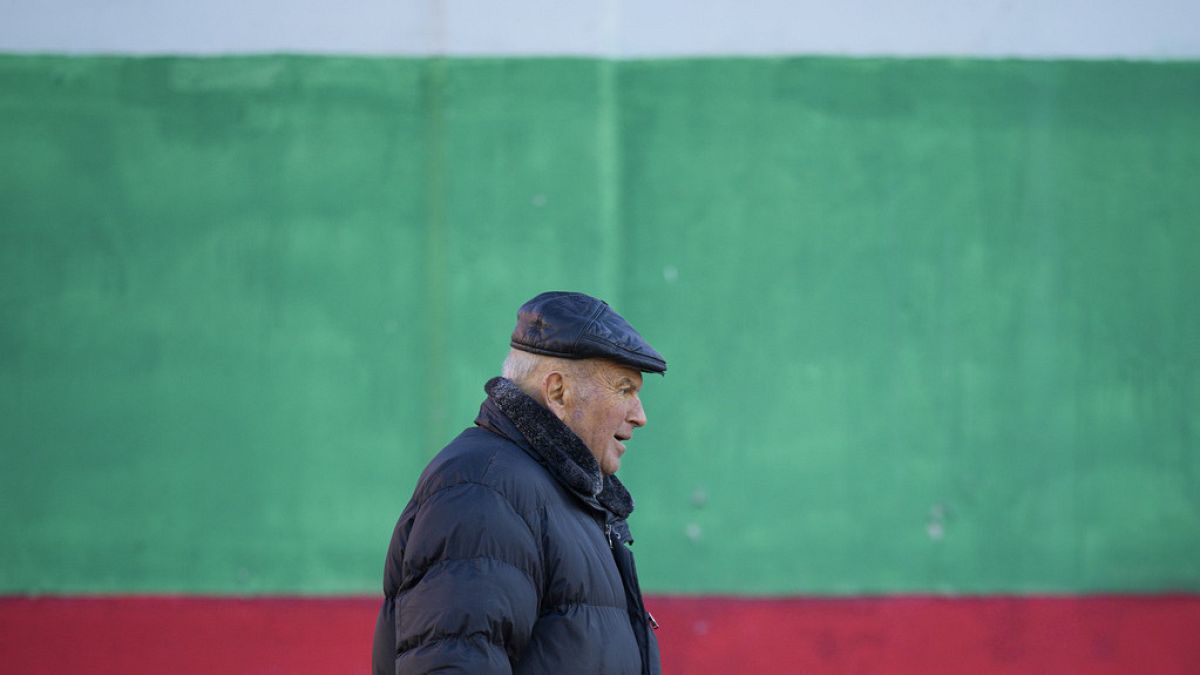Bulgarian voters are gearing up for snap national elections amidst a backdrop of high apathy and a surge in support for the far-right. This will be the seventh time the country has gone to the polls since mass anti-corruption protests in 2020. The past few years have seen unstable coalitions led by various centrist and right-wing parties, leading to a sense of disillusionment among voters. The last election saw the centre-right GERB-SDS coalition emerge as the largest group, but turnout was at a record low of 34%.
Bulgaria has a long history of voter apathy, with Gallup reporting that voter confidence in the country is at a record low of 10%. This distrust is not limited to elections but extends to various public institutions, including the judiciary and the European Union. This disillusionment has created fertile ground for the far-right Revival party, which has seen significant gains in recent years. The party, which only entered parliament in 2021, is now polling in third place and could potentially come second in the upcoming elections.
Revival party MPs have supported controversial legislation, including a “foreign agent” law and anti-LGBTQ+ measures, reflecting a wider trend of ultra-conservative parties gaining ground across Europe. The party’s success in coalition building could be significant after the elections, especially as the DPS party has split into factions. Observers are closely watching the outcome of Sunday’s vote to see what the future holds for Bulgarian politics.
The ongoing political turmoil in Bulgaria has led to a series of “revolving-door governments,” with multiple coalitions failing to provide stability or inspire confidence among the electorate. The apathy and distrust among voters have reached a critical level, with record-low turnout numbers in recent elections. This environment has allowed the far-right Revival party to gain momentum and potentially play a significant role in shaping the country’s future political landscape.
With voter confidence at an all-time low and disillusionment with public institutions on the rise, the upcoming elections in Bulgaria are crucial in determining the direction of the country’s governance. The success of the far-right Revival party in recent years highlights the dissatisfaction and frustration felt by many Bulgarians with the current political system. The outcome of Sunday’s vote will not only shape the composition of the government but also provide insight into the shifting political climate in the country.
As Bulgarian voters head to the polls once again, the political landscape is marked by uncertainty and a lack of trust in traditional institutions. The far-right Revival party’s rise to prominence reflects a broader trend of ultra-conservative parties gaining ground across Europe. The outcome of the upcoming elections will have far-reaching implications for the future of Bulgarian politics and could potentially signal a significant shift in power dynamics. Observers are closely monitoring the situation to see how voters will respond to the current political climate and whether the far-right will continue to consolidate its influence in the country.










